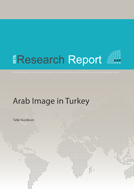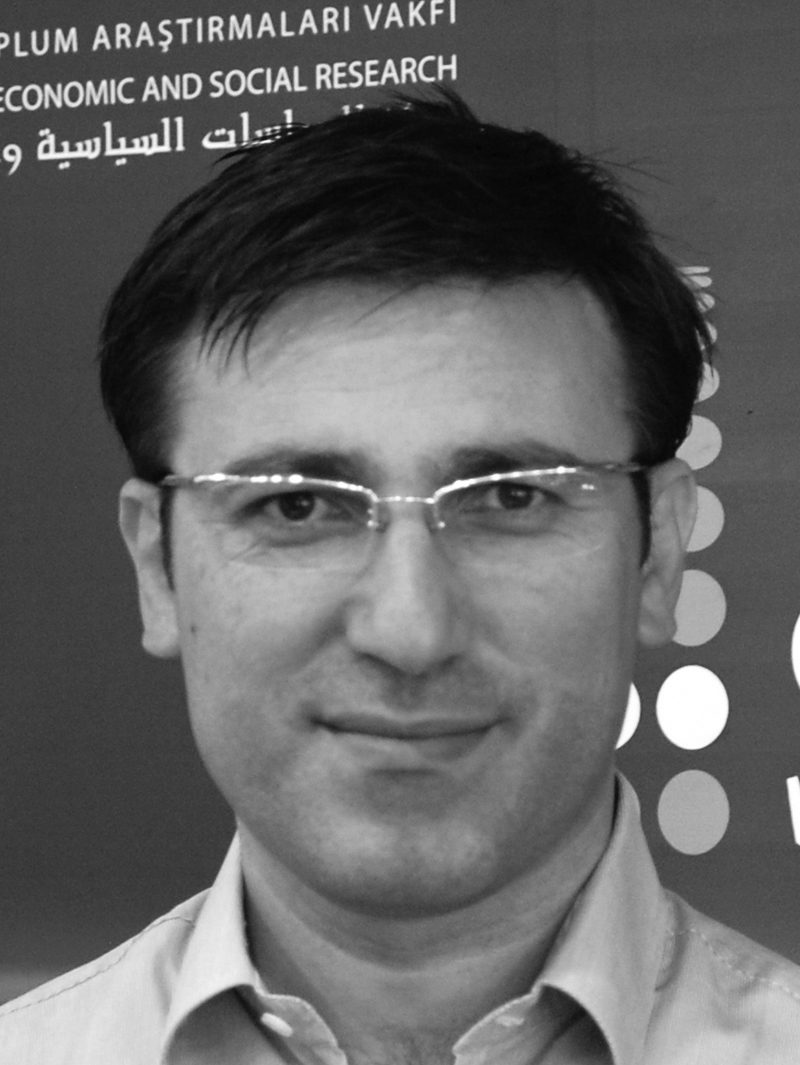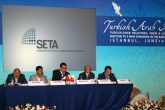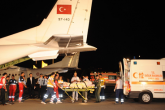Turkish-Arab relations are getting closer on the level of state policies and consolidated by cooperation agreements, strategic alliances, high level exchange of visits and expansion of trade volume. Although a promising future is ahead of Turkish-Arab relations, civil and human dimensions on the level of public perception on each side seem to be lagging behind political developments.
Today, public support is increasingly sought in foreign policies as it provides legitimacy and confidence in pursuing a certain direction. Mobilization of public support in Turkey and the Arab world will boost Turkish-Arab relations on the basis of mutual trust. In order to achieve this goal, both sides should work together to eliminate biased views, stereotypes and negative images held towards each other.

Although this Research Report focuses on Turkey, one can argue that, despite improved relations, there is still work to be done to eliminate prejudices, ill informed images and monolithic perceptions produced and propagated by nation state ideologies of the past. As far as the image of Arabs in Turkey is concerned, several sites emerge as more important sources of image making such as history textbooks, elite discourse, films and the press.
Turkish history textbooks in the formative period of Turkish Republic were written in the spirit of creating a homogenous nation state to inculcate a sense of belonging to a Turkish nation. Description of Arabs in textbooks gradually evolved to be positive especially after 1990s. However modern developments and achievements in the Arab world are largely ignored today. Discourse and rhetoric employed in history books and education should serve to de-construct ill informed images, prejudices and promote respect for diversity when building the “other.” In this context, Turkey and Arab countries should establish history commissions to check textbooks if there are biases, prejudices and negative images toward each other. Recent improvements and modern historical developments on both sides should also be included in the curricula.
Turkish cinema and TV soap operas have gained momentum in recent years with many new productions distributed regionally and internationally. Examination of Turkish films with Arab characters indicates that Arabs are negatively represented in general. In the light of these observations Turkish and Arab popular culture industry can bring their forces together to make films, documentaries and soap operas projecting the educational, scientific, cultural, civilizational, technological and environmental progress achieved by the Arab world.
Although the Turkish public is interested in Arabic language and culture, there seems to be insufficient source of information especially on current cultural and literary trends in the Arab world. Therefore more resources should be allocated to the translation of Arabic literary products into Turkish, to the opening of Arabic courses and cultural centers in major cities in Turkey for the purpose of supporting political rapprochement between the two sides with cultural and civilizational elements.
***
Talip Küçükcan is Professor of Sociology and Religion at Marmara University and Economic and Social Research Coordinator at the SETA Foundation. He received an MA from the School of Oriental and African Studies, University of London, and a PhD in Ethnic Relations from the University of Warwick. Professor Küçükcan works on identity formation, Turkey-EU relations, comparative secularism and higher education. His publications include Politics of Ethnicity, Identity and Religion: Turkish-Muslims in Britain, Avebury: Ashgate (1999); EuroTurks and Turkey-EU Relations: The Dutch Case, (co-authored wi



